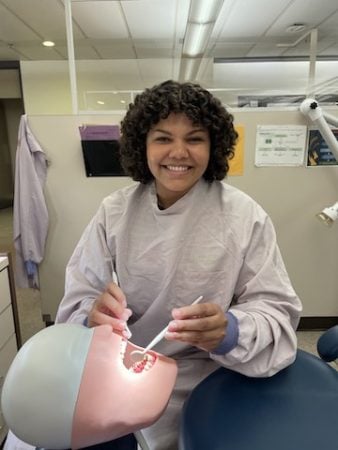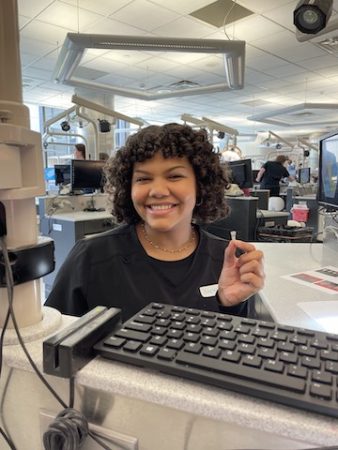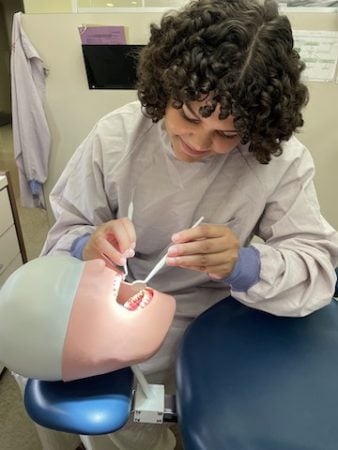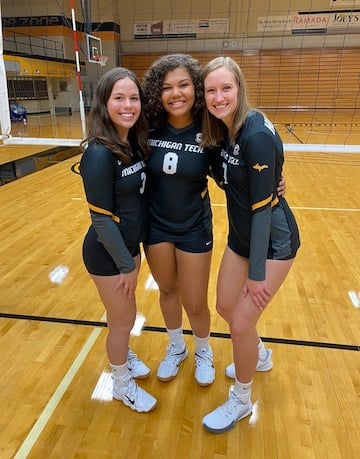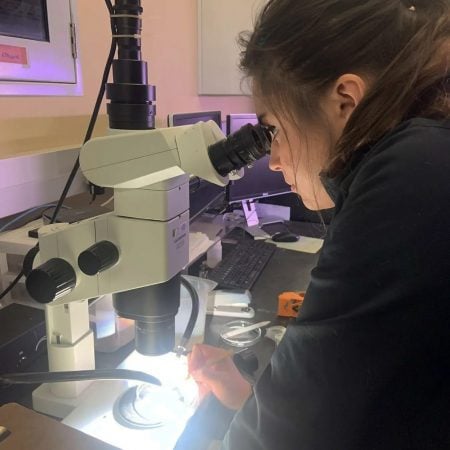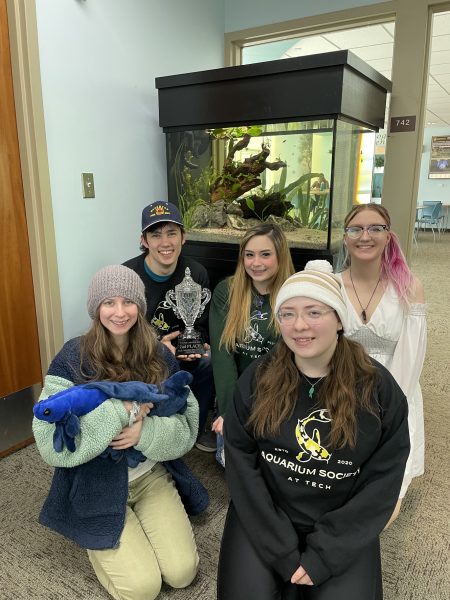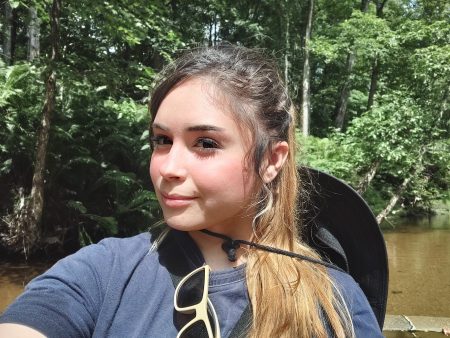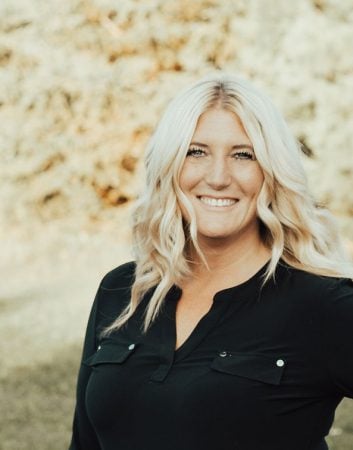Congratulations to Kemmy Taylor! Dr. Taylor is one of only 25 educators from across the United States selected for the 2024 U.S. Army Educator Tour at Fort Stewart in Savannah, Georgia.
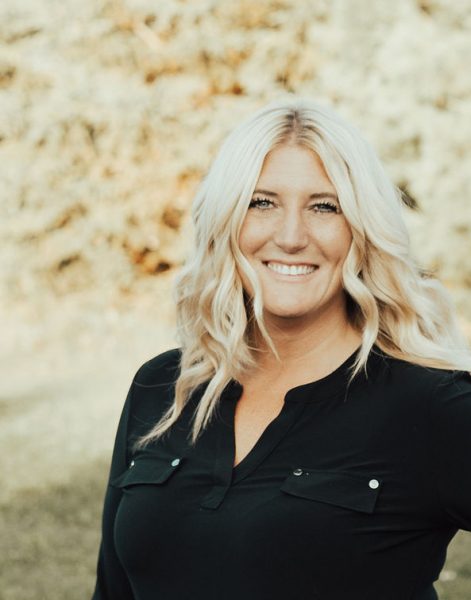
The Milwaukee Army Healthcare Team nominated Taylor for the US Army Educator Tour. The Team cited her willingness to go above and beyond sharing the scholarships and programs in health-related professions offered by the Army. The U.S. Army Recruiting Command chose Taylor in recognition of her dedication to promoting awareness of the Army’s health-related opportunities to current and future pre-med/pre-health students.
Fort Stewart is the home of the Army’s 3rd Infantry Division, 75th Ranger Regiment, and 160th Special Operations Aviation Regiment (SOAR). The medical professionals at the Winn Army Community Hospital and Hunter Army Airfield Clinic on base support all 4,000-plus soldiers and their families.
During the Army Educator Tour, Taylor will skydive with the Army’s premier parachute demonstration team, the Golden Knights, in addition to attending various exhibits hosted by each of the units on base and touring both the community hospital and clinic. Most importantly, Taylor will get to work with and witness firsthand the soldiers and families supported by Army Medicine.
By sharing information about the Army’s programs and scholarships, Taylor is directly developing future medical professionals who will be providing care for soldiers. The tour will also provide the opportunity to network with other university representatives and showcase Michigan Technological University’s dedication to supporting the health and welfare of our troops.
About the Michigan Tech Pre-Health Program
The Michigan Tech pre-health program is an excellent entree to a rewarding career in health. We prepare you for graduate health programs like medical school, dental school, pharmacy school, and other allied healthcare professional programs. You receive help navigating the application process and obtaining experiential learning opportunities, like clinical experience. You obtain the prerequisite courses you need to apply. The result — a 70% acceptance rate into all graduate health programs for Tech graduates (nearly twice the national average). Learn more about the student experience on the Pre-Health Blog.
